#ev insider
Text
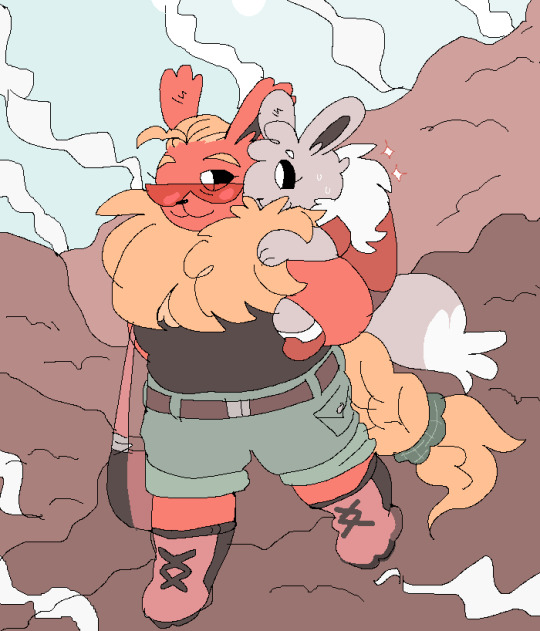
field research - mt. ember
#pokemon#ev#flareon#the family#my art#i think flareon would like outside work more than being inside tbh#I feel like they have more stuff they(read: Flareon) packed somewhere close by and that's just a light bag idk...#might make this a short series idk..
220 notes
·
View notes
Text
The only thing that rivals my love for unhinged women is my love for women who had no hinges to begin with
#this is me clowning#she was never normal your honour#jinx#jinx arcane#arcane#nadja of antipaxos#wwdits#nadja#regan ridley#inside job#villanelle#oksana astankova#killing eve#love quinn#you netflix#ianthe tridentarius#the locked tomb#tlt#misty quigley#yellowjackets
2K notes
·
View notes
Text


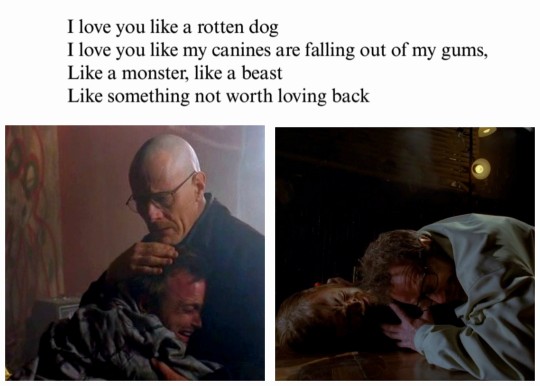
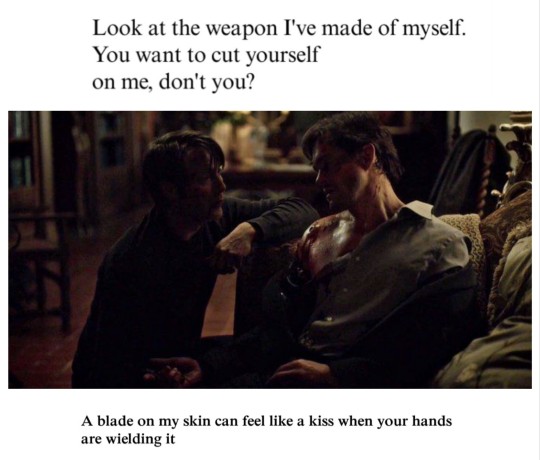

god i want you in some primal, wild way animals want each other, untamed and full of teeth.
yellowjackets, succession, breaking bad, hannibal, killing eve
#friendship ended with tomgreg now tomshiv is my best friend#just kidding but they sooo inside#breaking bad#waltjesse#yellowjackets#hannibal#hannigram#poems#of course i will hurt you#on violence#on teeth and blood#killing eve#succession#jackie x shauna#web weaving
280 notes
·
View notes
Text


‘tis the season my babies 🎄✨😘
#♡ bae the insider#vintage prints#christmas eve#christmas#vintage glamour#vintage style#vintage black glamour
417 notes
·
View notes
Text


Crime Family Photos
#oc: salvatore#oc: louis#oc: eve#oc: cassandra#oc: bianca#oc: pietro#oc: rosaria#oc: carlo#oc: antonella#oc: angela#carlo and louis would rather be hanging out than dealing with family photo drama#cause yes there would be drama. like cassandra trying to wear euphoria-esque outfits to sal and eve's dismay then taking a hour to change.#both eve and pietro take photos very seriously so i know he's dying inside that antonella threw up a peace sign lmao
29 notes
·
View notes
Text
The way Jake hugs Eve's head and rests his chin on her head when she dies in "And The Loom of Fate" 😭😭😭💔
#cant find gifs of it but it just breaks me up inside every time i watch it!#like yeah she's fine a minute later but it still hurts (in all the right ways)!#Jacob Stone#Eve Baird#the Librarians#and the loom of fate
26 notes
·
View notes
Text

Taxidermy: The art of mounting, stuffing, and preserving for the purpose of display.
Thank you @unlovedanimals for that cannibal obikin post, which gave birth to anakin eating obi-wan's uterus😔🤰
#that taxidermy definition always HITS#obikin sex? yes they mount do some stuffing and preserve#obikin k wording each other? yes they mount do some stuffing and preserve#not cannibal and bloody enough for me but there is always next time#it was supposed to be anakin as doubting thomas putting his fingers inside obi-wan's hole and well getting turned on#but he turned into an eve eating the forbidden fruit aka your mother's uterus#i love this work sm even though my left hand is shaking from drawing too much and scrubbing my rice cooker like i wanted to skin it#anyway crane wife obi-wan coming right up#obikin#obikin fanart#tw internal organs#tw cannibalism#anakin skywalker#anakin skywalker fanart#obi wan kenobi
58 notes
·
View notes
Text
Part III. Hortus de Escapismo Dr. Evealia's Reaction
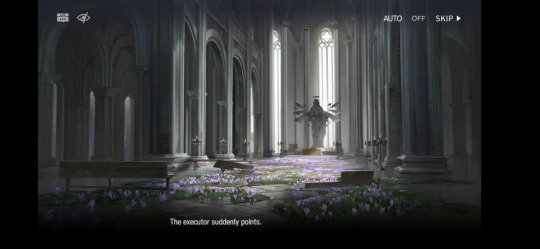
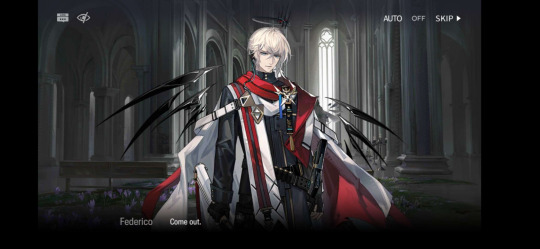

Transcribed: [The executor suddenly points.
Federico: Come out.
Lively Child: Ah... he found us.]
They are so cute but god do I need Executor with his gun pointed at the little kids and their reaction being... 0. Like, absolutely not impressed and simply disappointed he did find them so quickly.
---
READ MORE to find out what happens to the cute little blue-haired child with the adorable duck sock puppet by clicking this funky little button.
(But WARNING, the following post contains spoilers about the entire Hortus de Escapismo event, including the story, art and my commentary. I think this part is covering HE-4 to the first half of HE-6)
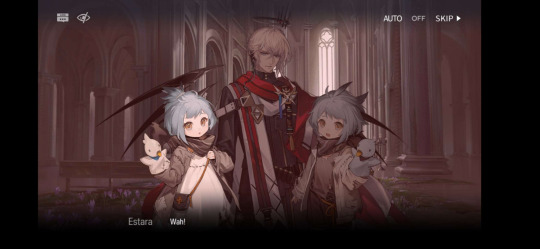
THEY ALMOST FREAKING EXPLODE THAT'S WHAT HAPPENS HOLY MOLY STOP TRYING TO GIVE ME HEART ATTACKS ONE OF THOSE WILL BE REAL!!!
---

No... My heart, oh no, not the flowers...
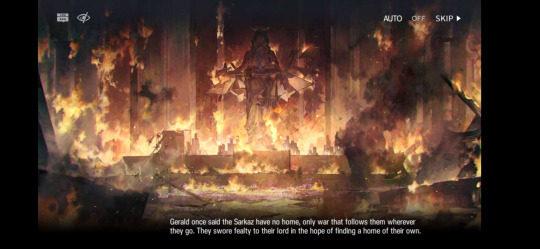
Transcribed: [Gerald once said the Sakraz have no home, only war that follows them wherever they go. They swore to their lord in the hope of finding a home of their own.]
---

Oh Clément I am so sorry... Stupid wench was she the one who set the chapel on fire? Is she even capable of using that kind of arts? Or is this an illusion? I am actually really heartbroken, I like Clément and I was really happy that he existed as a fellow Felafia, but... Why is it just not working out for this guy?
I'll get you a greenhouse with all you need it in babo, stay strong.
---

Yeah, my heart is.
---
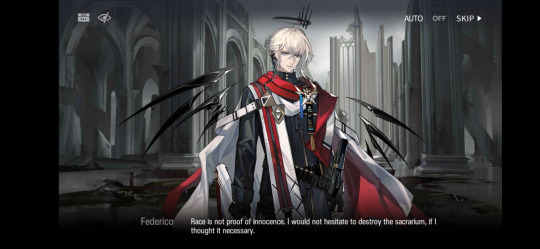
Transcribed: [Race is not proof of innocence. I would not hesitate to destroy the sacrarium if I thought it necessary.]
*Hands Federico the 'best not racist' award*
Or ultimately
*Hands Federico the 'most racist' award*
At this point I don't know, but you do what you're doing.
---
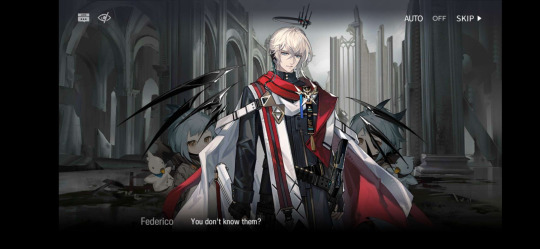
Hey, the baby ducks found a new mom.
---


Transcribed: [
Lemuen: Quiet. This is a resedential area. You'll bother the others.
Twisted Monster: (Growls)]
You know what, forget the whole 'amazing strong character' trope that Arknights has going on for everybody, can we just sit and enjoy the fact they always talk to themselves, or to something that is supposedly incapable of understanding them the same way every person speaks to their pets. They don't expect a reaction, and in moments where it FEELS like it was a reaction they have a kick out of it, but otherwise they're... so sweet to watch. In a horrendeous and terribly traumatic way.
---




Transcribed: [The Executor kneels down. No one pays attention to the dirt on the edge of his robe, and the adornments that represent his status.
Federico Giallo gazes straight into the children's eyes.
Federico: The disappearence of an inhabitant is within the scope of my mission.
Federico: Yes, I will find your mother.]
What a wonderful, wonderful, amazing scene. To watch Federico retain his personality but also grow as a character after being introduced to his tasks in the new role he carries is so refreshing. Reading the story feels so short, the levels are hell, but the way he is growing is GOOD and well-paced.
---

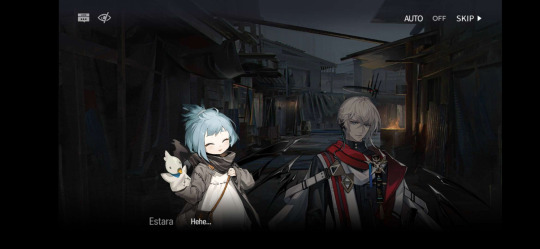
Honestly, bast scene. I don't care what terrors and sadness or how cool they will be, this is peak interaction.
---
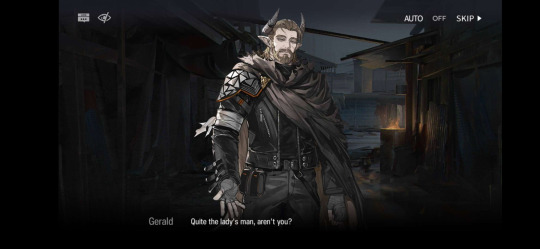
[Quite the lady's man, aren't you?]
GERALD YOU TEASE!
---

Shots fired, yet no guns were raised.
---

What do I feel about Aulus apart from the fact he kind of reminds me of a taller Pantalone (Genshin Impact)? He fed the creature, he protects it and then just shows up here and there to talk to people and refuses to elaborate. What is your plan? What are you even doing with your life, Father Aulus?

Though guys, I think he found the coolest stick...
---

SHE STOOD! SHE STOOD UP!! LEMUEN???? STOOD UP??? FROM HER WHEELCHAIR????
---
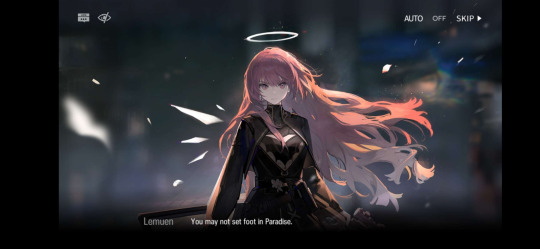
[You may not set foot in Paradise.]
LOOK AT HER GOOOOOOOOOOOO!!
---
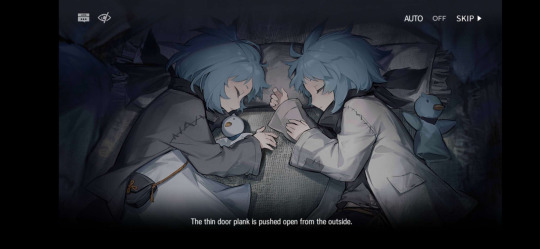
[The thin door plank is pushed open from the outside.]
I want to die.

ANYTHING BUT THAT PLEASE
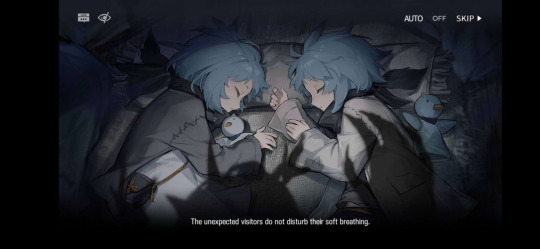
[The unsuspected visitors do not disturb their soft breathing.]
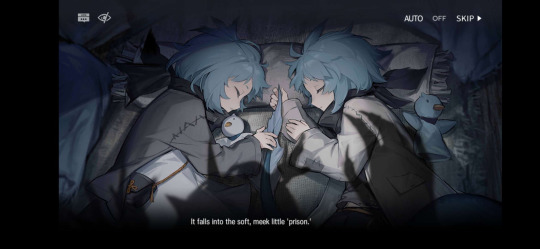
[It falls into the soft, meek little 'prison'.]
Wait a second...?
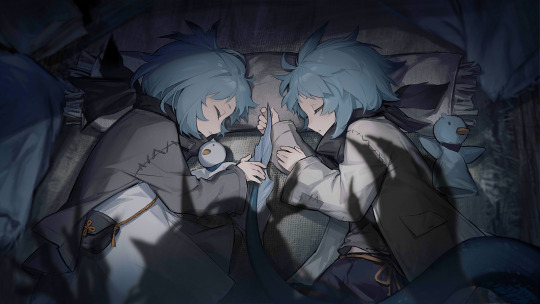

[Twisted Monster: Eren... Sara...]
Oh thank GOODNESS, my heart was about to leap out from my chest. What a rollercoaster. I am so glad they're safe, thank you.
#arknights#doctor of ri shenanigans#arknights event#doctor arknights#Arknights Hortus de Escapismo#Arknights Operators#Arknights Lemuen#Arknights Insider#Arknights Executor#Arknights Event Reaction#Dr. Eve's babbles#Dr. is having a hard time not feeling really sad right now#HE-4 to He-5
22 notes
·
View notes
Text
This looks like DVD art for a season of Buffy the Vampire Slayer.
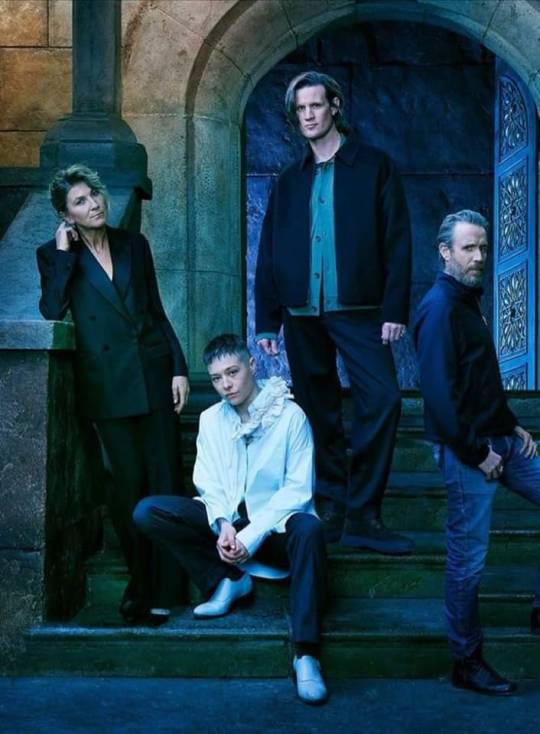
217 notes
·
View notes
Text

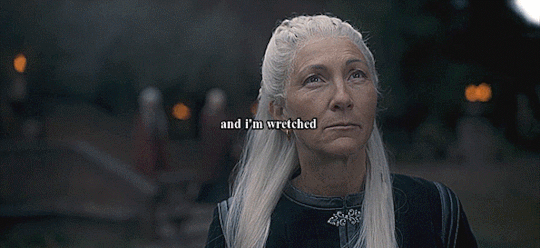
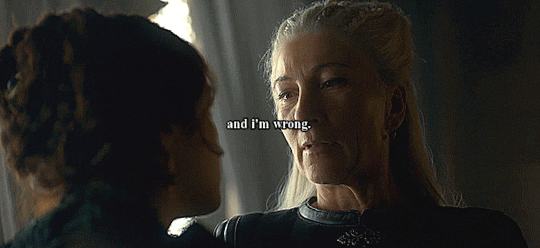
who's afraid of me?
#my gifs#eve best#rhaenys targaryen#house of the dragon#because this doesn't encapsulate all my thoughts but it does a bit#her vulnerability and also the double meaning in the lyrics#the being capable of great chaos and not wanting to unleash it but being forced into a position where you do#and not just do out of primal instinct#but out of something neatly crafted and executed#and also the “i'm wrong” being about something wrong inside of her or something wrong ABOUT her (namely her gender)#she is this way not because she wanted to be and not even because they MADE her be but because she HAS to be#to survive she has to be this twisted and capable and harsh and cruel and solitary and heartbroken
17 notes
·
View notes
Photo


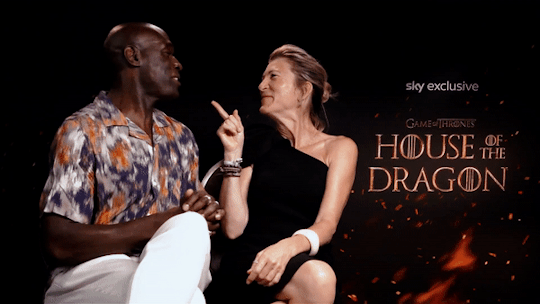

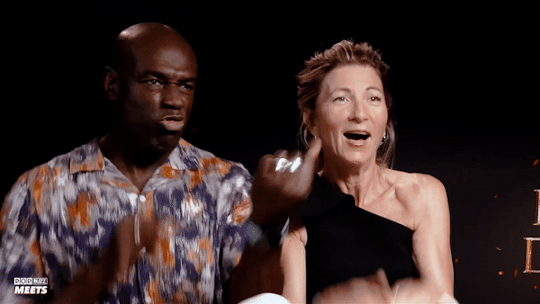

Steve Toussaint & Eve Best mirroring each other
for the amazing @youleavethetardisbrakeson as part of this gifset request, thank you so much for doing all the hard work on this one with all the time-stamps and links! <3
#what the inside of my head looks like going through a single train of thought truly#steve toussaint#eve best#corlys velaryon#rhaenys velaryon#rhaenys targaryen#princess rhaenys#rhaenys x corlys#hotd cast#hotd gifs#gifs#gifset#hotd#house of the dragon
148 notes
·
View notes
Text
Colonel Martin's Closet
A common sentiment I've found across many reviews of The Patriot is that Benjamin Martin could be an interesting character if the filmmakers were not so concerned with presenting him as "good." The contrast between what Martin claims to believe and value, and what others believe about him, and his behavior is certainly stark. However, I find the insistence of Martin, his community, and the narrative as a whole that his violence does not define him, despite being the most consistent thing about him, to be precisely what makes this character interesting.
It becomes clear early on that Martin has been keeping a secret from his family concerning his service in the French and Indian War more than a decade prior to the start of the film. The first allusion to this secret comes when a fellow Patriot expresses surprise that opposition to the impending American Revolutionary War arises from "the same Captain Benjamin Martin whose fury was so famous during the Wilderness Campaign." Martin's only reply is "I was intemperate in my youth." Yet less than twenty minutes of run time later we find him sitting on a British regular's back while hacking into his shoulders and neck with a tomahawk and screaming. Both of these scenes are witnessed by Martin's eldest son Gabriel, on whom the camera lingers in the aftermaths. Later, that son makes the observation, "Wherever you go, men buy you drinks because of Fort Wilderness. Strangers know more about you than I do." Up to this point, Martin has constructed a wall to separate his life as a soldier and his life as a father. Or, rather, several walls. And a door.
In Epistemology of the Closet, a foundational text in queer theory, Eve Sedgwick writes of the closet that "a whole cluster of the most crucial sites for the contestation of meaning in twentieth-century Western culture are consequentially and quite indelibly marked with the historical specificity of homosocial/homosexual definition, notably but not exclusively male, from around the turn of the century. Among these sites are, as I have indicated, the pairings secrecy/disclosure and public/private" (72). The Patriot's subject matter predates the historical specificity Sedgwick delineates, but the film's writing does not. Indeed, given its rampant historical inaccuracies, The Patriot may be said to tell us more about the early 21st century than the 18th one. It is no secret that Martin is a soldier, but the particular kind of violence he engaged in previously breaks containment over the course of the film even as most others' recognition of it does not. I want to propose that the closet is a particularly apt metaphor for the ways Martin's crimes are separated from his identity.
Just as the closet can manifest in different ways, so there are different ways to occupy it. Particularly striking examples of two of them can be found in Tony Kushner's two-part play from the early 90s, Angels in America. Joe Pitt rejects his desire for other men, not giving into it until halfway through the play, because he believes it is sinful. When his wife asks what he prays for, he replies, "I pray for God to crush me, break me up into pieces and start all over again" (Millennium Approaches, II, ii). An earlier attempt at disavowal finds him asking "Does it make any difference? That I may be one thing deep within, no matter how wrong or ugly that thing is as long, as I have fought with everything I have to kill it?" (Millennium Approaches, I, viii). Joe hopes to find salvation in inaction, but ultimately cannot maintain this resolve. Still, the conviction that action will damn him remains sincere. Before going home with his soon to be lover Louis, Joe tells him, "I'm going to Hell for doing this" (Millennium Approaches, III, vii). Joe uses the closet to conceal a part of himself of which he is deeply ashamed, that he has fought, unsuccessfully, to rid himself of. Joe's mentor Roy Cohn, though, insists that his actions do not define him because of his political standing, his "clout." When his doctor diagnoses him with AIDS, he says, "Your problem, Henry, is that you are caught up on words, on labels, that you believe they mean what they seem to mean." Later in this scene, he clarifies:
"I have sex with men. But unlike nearly every other man of which this is true, I bring the guy I'm screwing to the White House and President Reagan smiles at us and shakes his hand. Because what I am is entirely defined by who I am. Roy Cohn is not a homosexual. Roy Cohn is a heterosexual man, Henry. Who fucks around with guys" (Millennium Approaches, I, vi).
There is no shame in Roy's closet. There is instead contempt for other gay men: "Homosexuals are men who in fifteen years of trying cannot get one pissant antidiscrimination bill through City Council." While Joe fears action for the impact it will have on his identity as a married Mormon Republican man, Roy insists that no such connection exists. He believes he can do as he pleases with impunity and his community will keep the secret, as he coerces his doctor to do.
Early on in The Patriot, Martin's way of inhabiting the closet appears to have more in common with Joe's. When he discovers that his son Thomas has gone into his room and opened his trunk full of French and Indian War memorabilia to put on his red British Colonial Army coat, not only does he immediately insist on taking it off of him, but he does not look at it until the end of the scene. When Thomas asks, "What happened at Fort Wilderness?" Martin cannot make eye contact with him and says, "Put it away." What is a trunk but a horizontal closet? And yet this closet serves two purposes for Martin. It conceals these souvenirs from his past, yes, but it also assures that he knows exactly where they are and can access them quickly when he needs them. This is also true of Martin's relationships with the men who fought with him in the previous war, as we see when he is recruiting men in the tavern later. One acquaintance asks Martin if he is paying any bounties, and Martin responds: "No scalp money this time Rollins, but you can keep or sell back to me the muskets and gear of any redcoat you kill." Not only does Martin easily, even flippantly, confirm what is arguably the most shocking of his past actions, but he is offering to do it again with one important modification. He is no longer trafficking in human remains, but he has no qualms about incentivizing murder. Where did his shame go? Like Roy Cohn, Martin has no problem discussing his "secret" with men who already know it. And Rollins is certainly not going to judge Martin; they are allies, and the relationship is mutually beneficial.
Martin's allies support him in more ways than one. In addition to giving him space to operate outside the closet, they also aid in its maintenance. As Sedgwick writes, "'Closetedness' itself is a performance initiated as such by the speech act of a silence--not a particular silence, but a silence that accrues particularity by fits and starts, in relation to the discourse that surrounds and differentially constitutes it" (3). Coming out is not an autonomous, individual action. Much depends on the response of those who witness the silences and confessions, whose response shapes the speech act as much as those whose secret it reveals or conceals. When Gabriel follows his younger brother in asking about Fort Wilderness, Martin answers by telling the whole story. If he may be said to truly "come out" anywhere, it is here: "And not a day goes by that I don't ask God's forgiveness for what I did." As much as Martin centers his current feelings at the expense of his past actions, as much as he'uses collective pronouns when describing those actions--as though he was part of a committee rather than a commanding officer--he does, at the very least, own that he did something wrong. But Gabriel's response is quite telling: "Thomas was my brother as well as your son. You may not believe this, but I want satisfaction as much as you do." This has nothing to do with Martin's confession. It is not even in the same stratosphere as Martin's confession. Like so many loved ones of LGBTQ people in response to their acts of coming out, Gabriel does not accept or condemn what his father has revealed about himself. He simply changes the subject. This scene is comparable to the one in Angels in America when Joe makes a drunken call to his mother in Salt Lake City to tell her "I'm a homosexual," and she responds with "Drinking is a sin! It's a sin! I raised you better than that." (Millennium Approaches, II, viii).
For all these similarities in characters' interactions, The Patriot and Angels in America's uses of the closet could not be more different. When Joe's relationship with Louis comes to an abrupt end, he tries to return to the safety and familiarity of his marriage only to find that his wife is leaving him. Roy, whose body is already marked by Kaposi sarcoma lesions when he meets with his doctor in the first play, is dead from the disease he himself connects with the group he refuses to acknowledge his inclusion in at the end. Ultimately, they are unable to detach identity from action. Martin can, not only owing to his loved ones' cooperation but to the narrative's.
Of course, the main point of contrast to Martin's closetedness is the open-ness of his antagonist Colonel Tavington, who kills both Thomas and Gabriel by the end of the film. Tavington's words, actions, and identity exist in seamless unity with one another. Most of the war crimes shown onscreen are carried out on his orders; he speaks violence into existence. Moreover, those in his community do nothing to conceal his crimes: quite the opposite. In a deleted scene, Cornwallis tells Tavington in a tent full of British officers, "General O'Hara informs me that you've earned the nickname 'The Butcher' among the populace." Not only does Cornwallis uncritically accept that Tavington's behavior warrants such a name, but he assures that all of his officers know of Tavington's actions. Yet neither here nor elsewhere does Tavington deny or diminish his application of violence. And he is aware of the consequences. When he argues to Cornwallis that "brutal" tactics are necessary to capture Martin, he also acknowledges, "If I do this, you and I both know I can never return to England with honor" before asking for land on the frontier, beyond the reach of British law. The closet has not been built that could contain Tavington.
Martin's nickname evokes his closetedness as much as Tavington's does his outness. His actions at Fort Wilderness included both cutting Cherokee and French men's bodies into pieces and distributing those pieces, butchery in the most literal sense of the word. Yet his nickname, first coined by Tavington himself, is "The Ghost," an allusion to his way of appearing out of nowhere to surprise the British forces far more than what he does to them afterwards. Not only are Martin's past victims erased from the narrative, but his present ones are wholly silent on the subject of his violence except, ironically, Tavington, who has to remind his superior that Martin "has killed [eighteen] officers in the past two months" when General O'Hara stops him from drawing his sword on Martin. Perhaps it is not surprising that he sees the truth about him so much more easily than others. The wider Martin's closet door creaks open, the more what we glimpse within resembles Tavington, red coat and all.
Tavington does play some role in the opening of that door, and it is the same role Louis Ironson plays in coaxing Joe Pitt out of the closet and into his bed. Joe knows he is gay long before he meets Louis, just as Martin's taste for violence is well established more than a decade before he encounters Tavington, but these meetings with men who are already "out" create ideal opportunities for Joe and Martin to give in to the desires they have repressed. Ironically, it is during his fight with Tavington at the end of the film, the consummation of the bloody courtship carried out between them since Tavington recognized Martin at the prisoner exchange, that Martin chooses to shut the closet door from the inside. After stabbing Tavington through the torso, the same way he killed Gabriel, Martin tells him, "My sons were better men," and puts a bayonet through his throat. This is not about gratifying his own desire for violence; it is just about avenging his sons. The sons his closet protected him from, whose refusal of knowledge reinforces that very closet, have the final word on defining who their father is. Benjamin Martin is not a war criminal. Benjamin Martin is a war hero. Who likes to kill men in rapey ways.
The final few scene of the film only serves to reinforce how little Martin has changed. He returns home to his children to marry their aunt and produce more "good stock." The final scene reveals his men building him a new house in the exact spot where the one Tavington burned once stood. This house will no doubt contain a new trunk that itself will contain the weapons he used in the American Revolutionary War, waiting for an opportunity when violence, once again, proves the only option. Martin is able to inhabit the closet in a way Roy Cohn can only dream of. Roy believes other Republican lawyers will help keep his secret; instead, they rejoice at his demise. And when he dies, his mourners consist of two out gay men who detest him and the ghost of a woman he helped the state murder. The historical Roy Cohn is remembered as much for dying from AIDS as for anything he did in his lifetime; his panel on the AIDS Memorial Quilt is inscribed with the words "Bully, Coward, Victim." Kushner chose to include a characterization of Roy Cohn because his failure to remain closeted in death so well illustrates the play's themes surrounding the difficulty of change, the importance of community, and the inevitability of progress.
The men on whom Benjamin Martin is based have fared better than Roy Cohn thus far, though that is changing. They are honored in history books and by statues and plaques and the names of universities. It is only in recent decades that the racist acts accompanying their fight for freedom from tyranny have been brought to light as worthy of public as well as academic attention. The Patriot represents an argument against this type of outing. What does it matter that these men who fought for American freedom may have done unsavory things to win it? Is it not better to keep that part secret to better appreciate what they were able to accomplish? It does matter, and it is not better to hide it, because to do so erases the histories and silences the voices of those whose lives were destroyed by the victors' hunger for power, namely Native and Black Americans, and how is that not tyranny in itself?
#the patriot#eve sedgwick#angels in america#the closet#benjamin martin#william tavington#joe pitt#roy cohn#leave it to ben martin to be the first man ever#to go back in the closet#while he's inside another man
11 notes
·
View notes
Text
open to: anyone !
plot: when she was in college, a k*ller targeted her and all of her friends. they left a sl*ughter behind and were never caught. now it's 10 years later and signs of the k*ller are resurfacing and she's terrified out of her mind.

"did you get one of these too?" eve waved the ominously familiar note in their face, "has anyone else gotten one of these?" she was frantic, but the sudden panic made evefeel as if she were back in her dorm room, praying she wouldn't be the next victim as she heard her friends screaming on the other side of her door. flattening the thing out, the threat was evident and the writing was distinct. "this can't be real, right?"
#indie rp#indie horror rp#indie bi rp#eve lawson / starter.#could be an old friend who also survived/an ex from back then who she can still confide in/someone in law enforcement who she can get#insider info from perhaps/even someone connected to the k*ller could be fun/literally anything#please go wild with it i need horror threads asap#she's a test muse btw hehe#starter / open.
25 notes
·
View notes
Text
people who misspell my username as evilili….. yknow what thats on brand i cant even b mad at that
#not as mad at myself i am for putting eve in front of my name#every time someone calls me eve i die inside and ITS MY OWN DAMN FAULT#anyway. guess i have an evil alter ego now#lili talking
20 notes
·
View notes